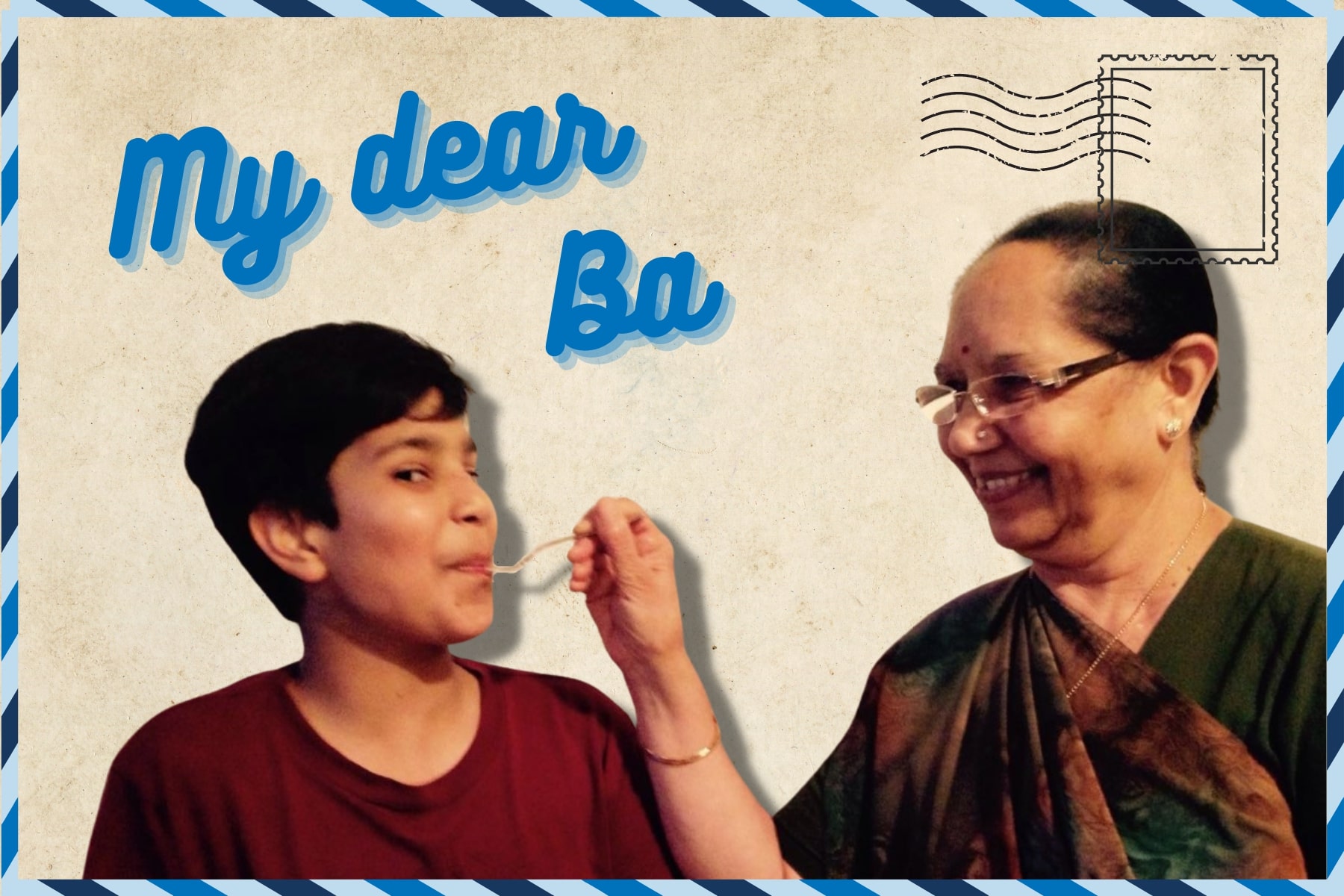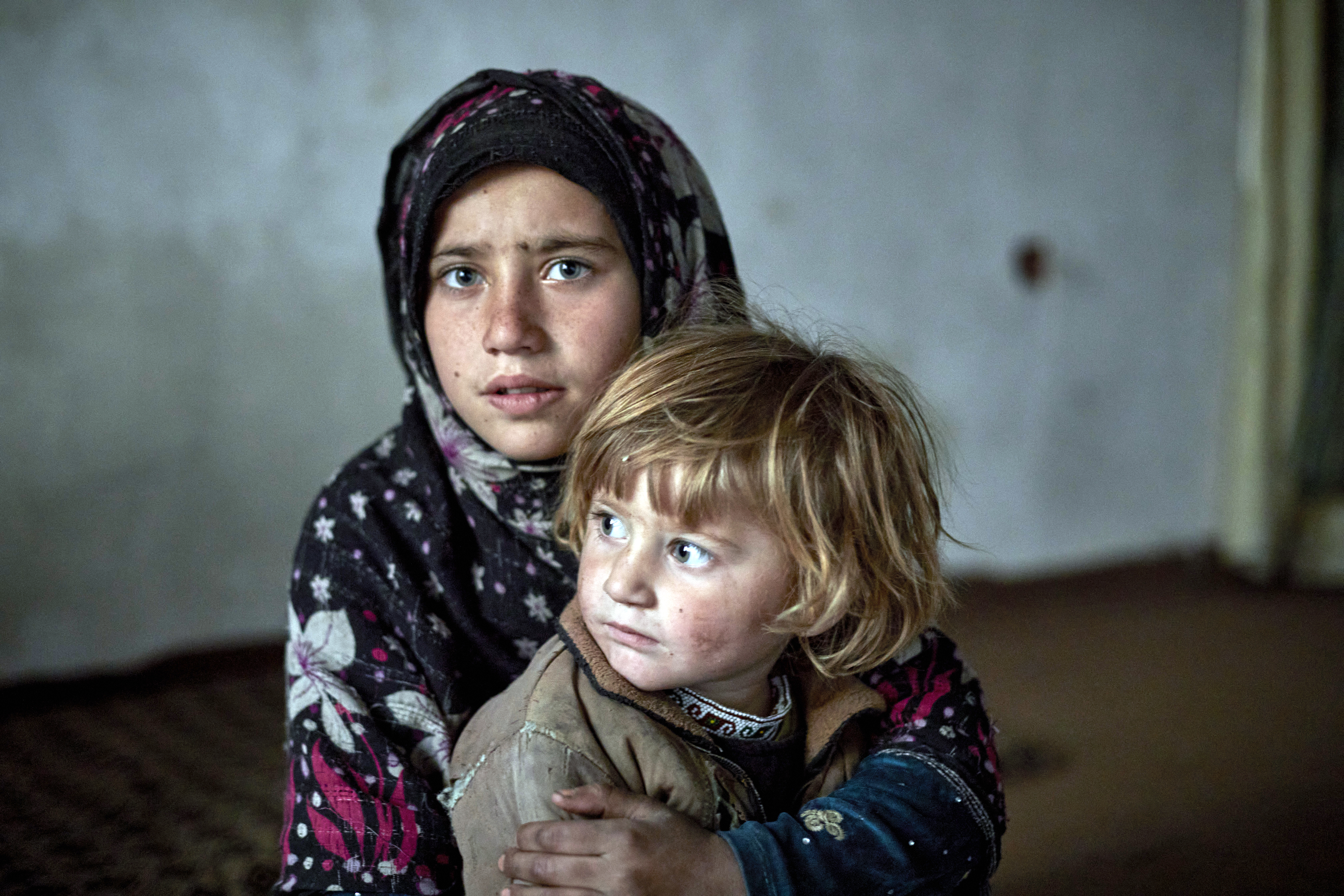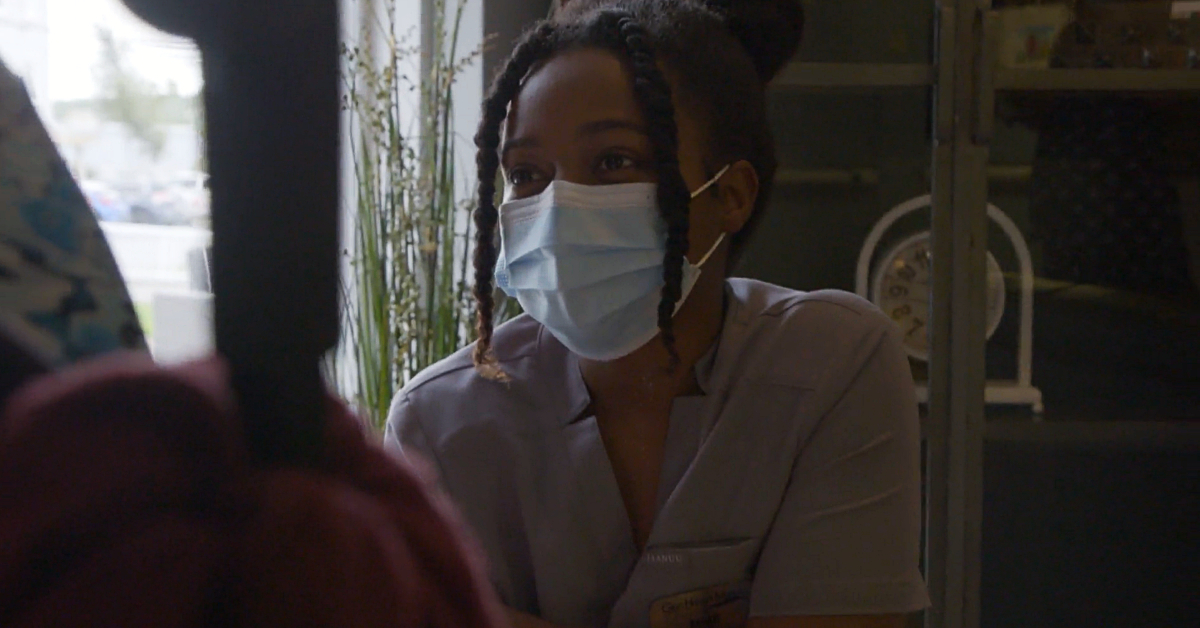UNHCR protection chief meets resettled refugees in Canada
UNHCR protection chief meets resettled refugees in Canada

OTTAWA, Canada, November 15 (UNHCR) - Assistant High Commissioner for Protection Erika Feller learned about the challenges of integration in Canada during a meeting in an Ottawa reception centre with resettled refugees from Asia and Africa.
The senior UNHCR official met families originating from countries such as Afghanistan, Ethiopia, Myanmar and Somalia at a special reception centre on Wednesday hours after starting her first official visit to Canada.
"It is gratifying to see first hand newly arrived refugees about to embark in rebuilding a new and hopeful future in Ottawa," said Feller.
Feller, who also met Canada's Minister of Citizenship and Immigration Diane Finley and attended a conference at the University of Ottawa on the first day of her four-day visit, was particularly interested in hearing about the integration challenges in Canada.
Afghan refugee Shah Amad had arrived in Ottawa from New Delhi just six days earlier with his wife Roqia and five-month-old baby girl. He told the Assistant High Commissioner that he was excited about starting a new life in Canada, but also slightly apprehensive.
"I can't wait to be independent but I am a bit nervous too," said Amad, who met Feller when she visited the Reception House in Ottawa. "Canada is another world and my wife and I will have a lot to learn," added 25-year-old Amad, who left Afghanistan when he was two years old. Roqia and her family fled during the civil war of the mid-1990s.
"Their story is probably not unique," said Chamroeun Lay, manager of the Reception House. "Integration can be a stressful experience and depends on many factors, including language, communications skills, health, different levels of education and how long refugees resided in a refugee camp. Hundreds of refugees have walked through our doors and come back years later to tell us about their success stories," added the former refugee from Cambodia.
The Reception House, which opened its doors 20 years ago, is the first residence in Ottawa for most resettled refugees and can house up to 96 people. The centre also provides newcomers with skills that will help them cope in Canada.
Feller also met representatives of non-governmental organizations (NGO) on Wednesday and gave the keynote address at a conference on "Protracted Refugee Situations, Rule of Law and Peacebuilding" at the University of Ottawa.
She will travel today to Vancouver, where she will head straight to the US-Canada port of entry to meet border officials who handle asylum seekers. She will also visit the airport detention facilities and border points of entry.
Feller returns to Geneva on Saturday. She arrived in Canada from the United States, where she called on countries to increase their support for UNHCR's efforts to protect nearly 33 million refugees, internally displaced persons (IDPs) and asylum seekers worldwide.
The Assistant High Commissioner, speaking to journalists in New York, highlighted the needs of the more than 4.4 million Iraqis who have left their homes, which she described as "probably the biggest refugee problem we have at the current time."
Canada has a long commitment to refugee protection and is an important partner of UNHCR. In 2006, Canada resettled more than 10,000 refugees and contributed US$27.3 million to the UN refugee agency's work.
By Gisèle Nyembwe and Nanda Na Champassak in Ottawa, Canada








